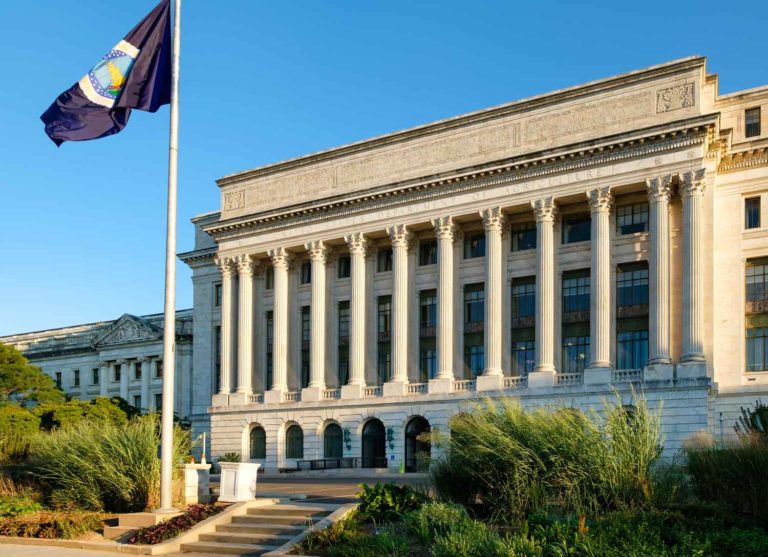
The USDA’s Farm Bill received approval at the end of 2018. This separated the definition of hemp and marijuana from each other. The last time hemp and marijuana received separate definitions came before the Controlled Substances Act in 1970. That act created the drug scheduling classifications and placed cannabis on there with other drugs like LSD and meth. So hemp became legal. But because of recent actions, Congress is expressing concerns towards the DEA.
In August of 2020, the DEA responded to the USDA’s Farm Bill. This added severe confusion because at any time during production of hemp, the THC limit could not exceed 0.3 percent. However, during production of products containing CBD and another psychoactive but more controllable compound Delta 8 THC, THC limits do sometimes go above 0.3 percent. But they drop back down below that level when the product is complete and ready for selling.
This raised concern among manufacturers and producers that the DEA could then come into their facility at any point during product production and seize everything simply for being over the limit, but not in the final stage.
Congress Response
Two House Representatives sent a letter to Attorney General Merrick Garland and the Agriculture Secretary Tom Vilsack recently. Inside, they express the concern they have received from hemp manufacturers and company owners. Apparently, the DEA didn’t think about “serious unintended consequences that could arise” established in the 2020 IFR. Congress’ intent was to give “primary regulatory authority over the production of hemp with USDA.” Not the DEA
The letter was written by both House Agriculture Committee Chairman David Scott (D-GA) and House Appropriations Subcommittee on Agriculture Chairman Sanford Bishop (D-GA). It states:
“Congress did not intend the 2018 Farm Bill to criminalize any stage of legal hemp processing, and we are concerned that hemp grown in compliance with a USDA-approved plan could receive undue scrutiny from the DEA as it is being processed into a legal consumer-facing product under this IFR. That is why the 2018 Farm BIll’s definition of hemp was broadened from the 2014 Farm Bill’s version to include derivatives, extracts, and cannabinoids. It was our intent that [these] would be legal if [the] products were in compliance [with] all other Federal regulations.”
DEA Justification
In response, the DEA says the IFR is intended to join the Farm Bill, not criminalize it. However, many lawmakers and public opinion think that DEA did have some input when it came to the more restrictive measures placed on hemp regulation.
The DEA also states that law enforcement is having issues with enforcing state rules. It’s too hard to determine what is hemp and what is cannabis. The Farm Bill will cover up many underground and illegal cannabis businesses that are harming the communities across the country.
USDA Farm Bill Final Rule
The USDA’s Final Rule began on March 22, 2021 after receiving approval from the Biden administration. It’s unclear if the DEA’s IFR still applies or if the Final Rule is the rule to follow. For now, many are following the USDA’s rules as they are the organization that approved their hemp plans and legalization. But the question still remains.
Make sure to check back for more cannabis and hemp related news.